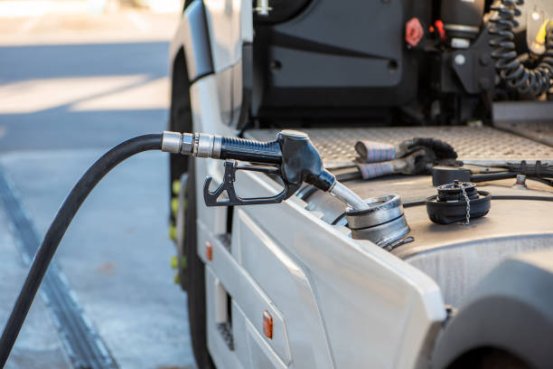Diesel vehicles need dedicated maintenance to stay efficient and reliable. Regular diesel service plays a vital role in preserving engine health, as diesel engines are more intricate than gasoline types. Typical diesel servicing includes oil changes, fuel system inspections, air filter replacements, and, when necessary, specialized repairs. Whether you operate a diesel truck, commercial vehicle, or passenger car, understanding the value of routine diesel maintenance helps prevent expensive breakdowns and ensures peak engine performance.

Why Diesel Service Matters
Consistent diesel maintenance keeps your engine performing smoothly by preventing common issues such as clogged injectors, dirty filters, and oil degradation. Although diesel engines are known for their durability, they require attentive care to maintain that strength. Over time, diesel fuel can deteriorate, leading to carbon buildup and restricted fuel flow. Routine oil changes and fuel filter replacements reduce the risk of these problems and keep internal components clean. Furthermore, regular inspections during diesel service can reveal early signs of mechanical wear, allowing repairs before they escalate into costly failures.
What Diesel Service Typically Includes
Comprehensive diesel service involves a wide range of maintenance and diagnostic procedures tailored for diesel engines. Common components include:
-
Oil and Filter Replacement: Diesel oil degrades with use, and replacing it on schedule prevents overheating and minimizes engine wear by maintaining proper lubrication.
-
Fuel System Cleaning: Diesel injectors can accumulate carbon deposits and debris over time. Cleaning the system restores fuel flow, improving power output and efficiency.
-
Air Filter Replacement: A clean air supply is critical for diesel combustion. Replacing a dirty air filter maintains optimal power and fuel economy.
-
Cooling System Service: Because diesel engines generate higher operating temperatures, maintaining a well-functioning cooling system is vital. This may include coolant flushes, leak inspections, and thermostat checks.
-
Diagnostics and Specialized Repairs: Diesel systems require specific diagnostic equipment. A qualified diesel technician can accurately pinpoint issues related to turbochargers, transmissions, or exhaust systems and perform the necessary repairs.
Selecting the Right Diesel Service Provider
Choosing a qualified diesel service provider is key. Diesel engines demand specialized expertise, tools, and genuine components that not every general auto shop possesses. Look for certified mechanics with verified experience in diesel maintenance and strong customer feedback. Reputable providers should conduct detailed inspections, use high-quality replacement parts, and explain recommended services clearly. It’s also beneficial to choose a shop that offers parts and labor warranties, providing extra assurance for your investment.
Final Thoughts
Routine diesel service is essential for extending the lifespan of any diesel-powered vehicle. Regular maintenance minimizes engine wear, improves efficiency, and reduces the risk of major repairs. Whether you need basic upkeep or complex engine work, partnering with a trusted service center that understands diesel systems ensures your vehicle continues to perform dependably for years to come.
